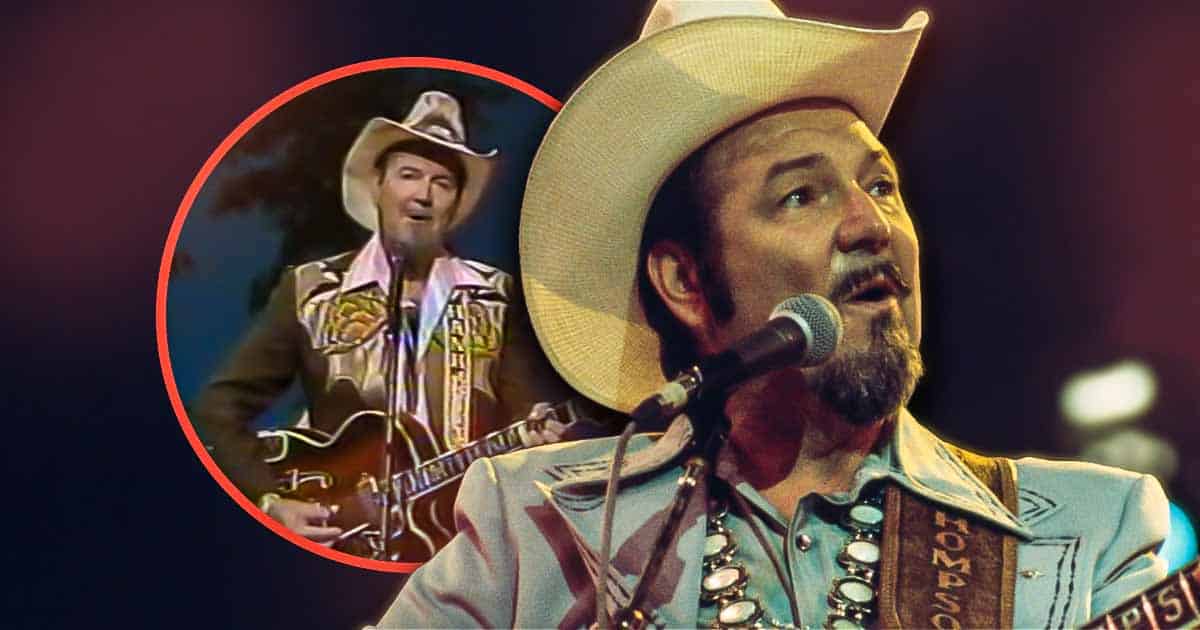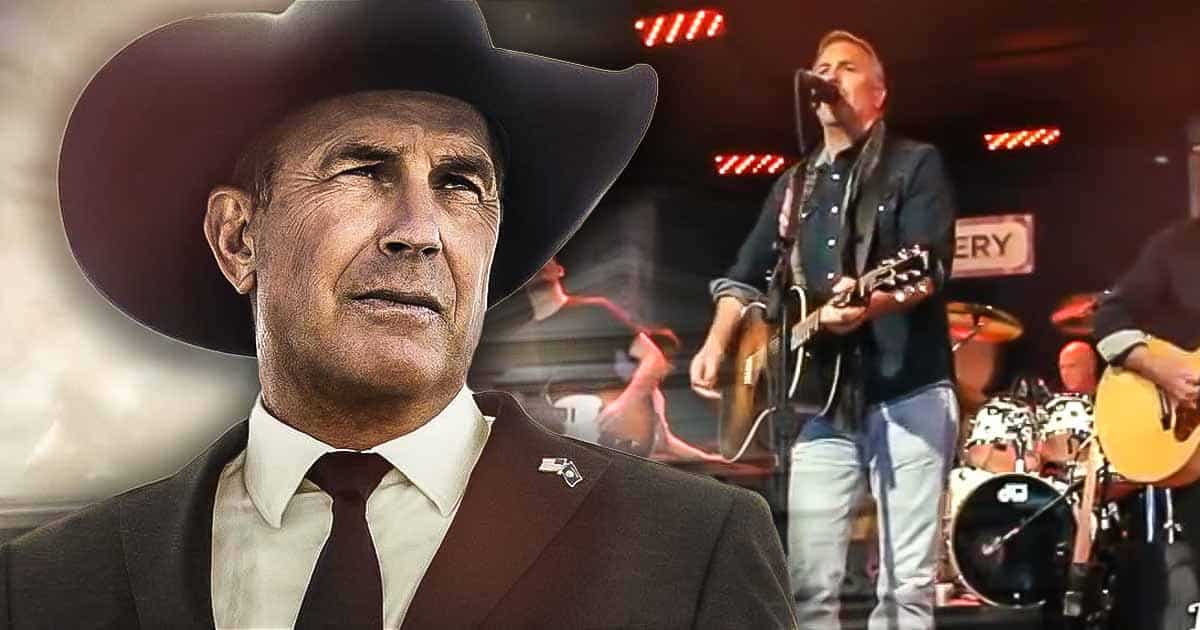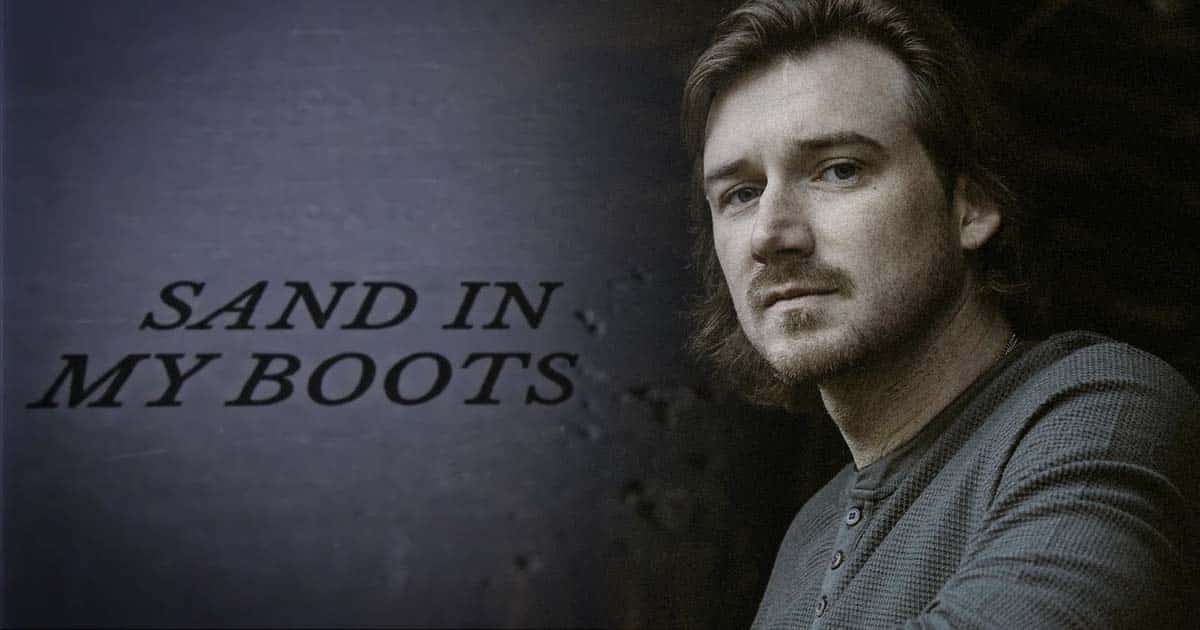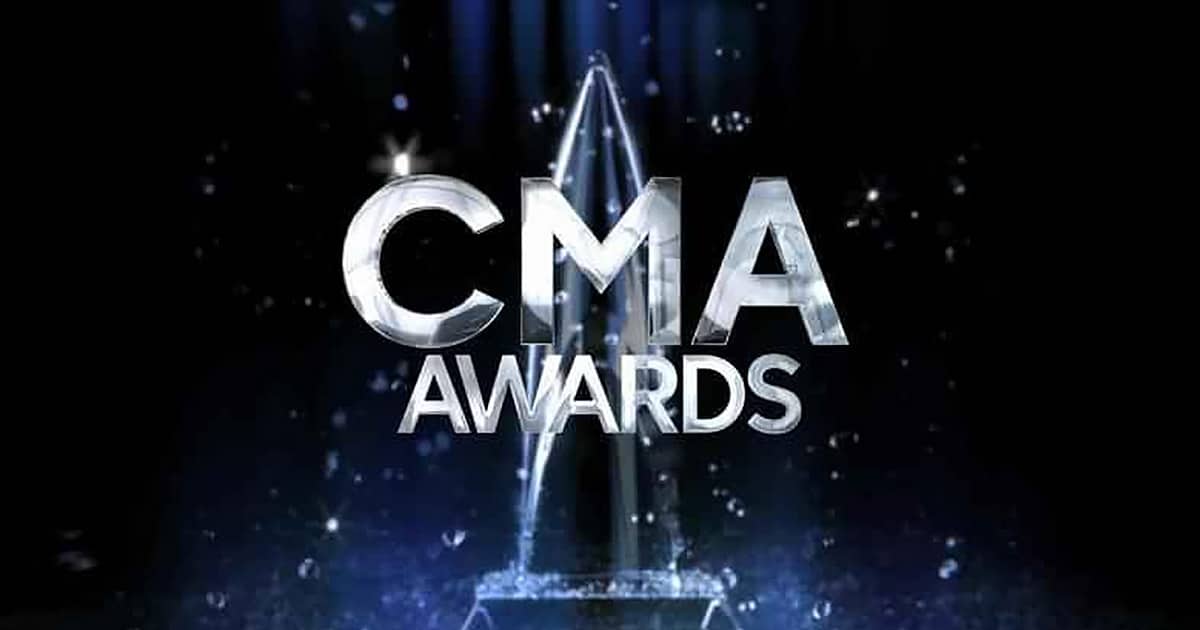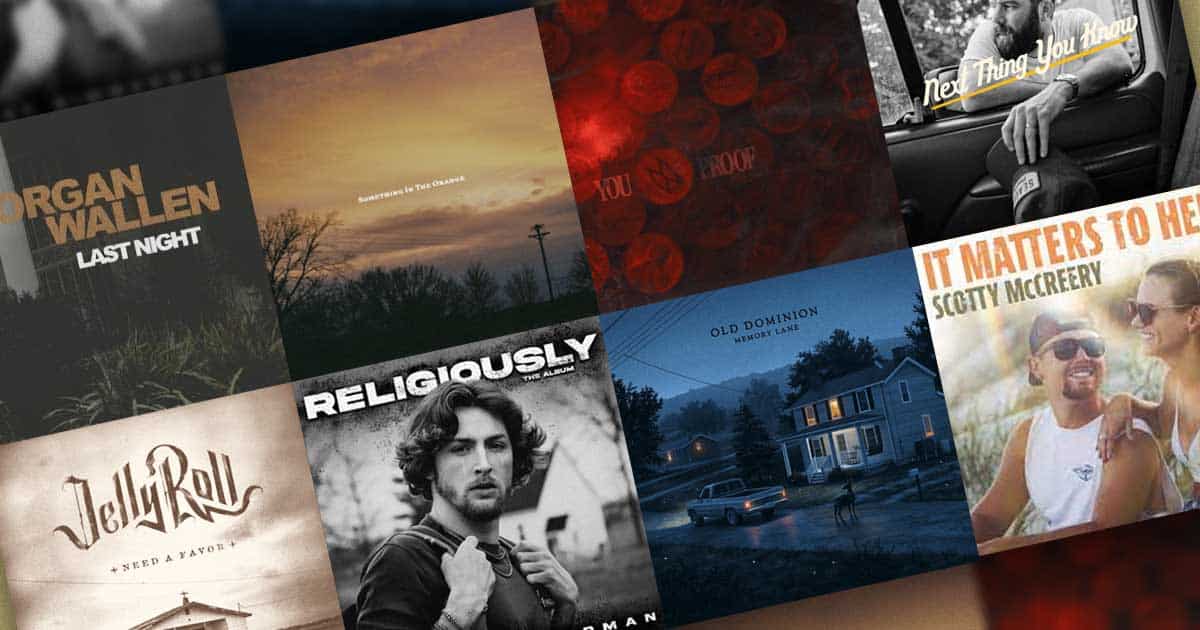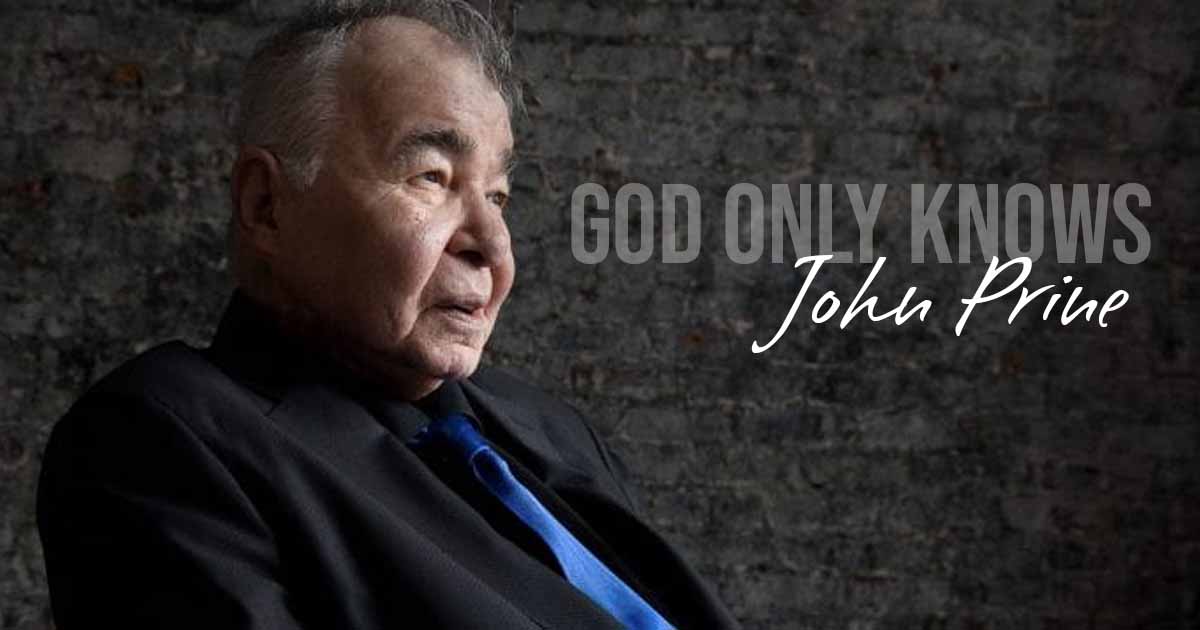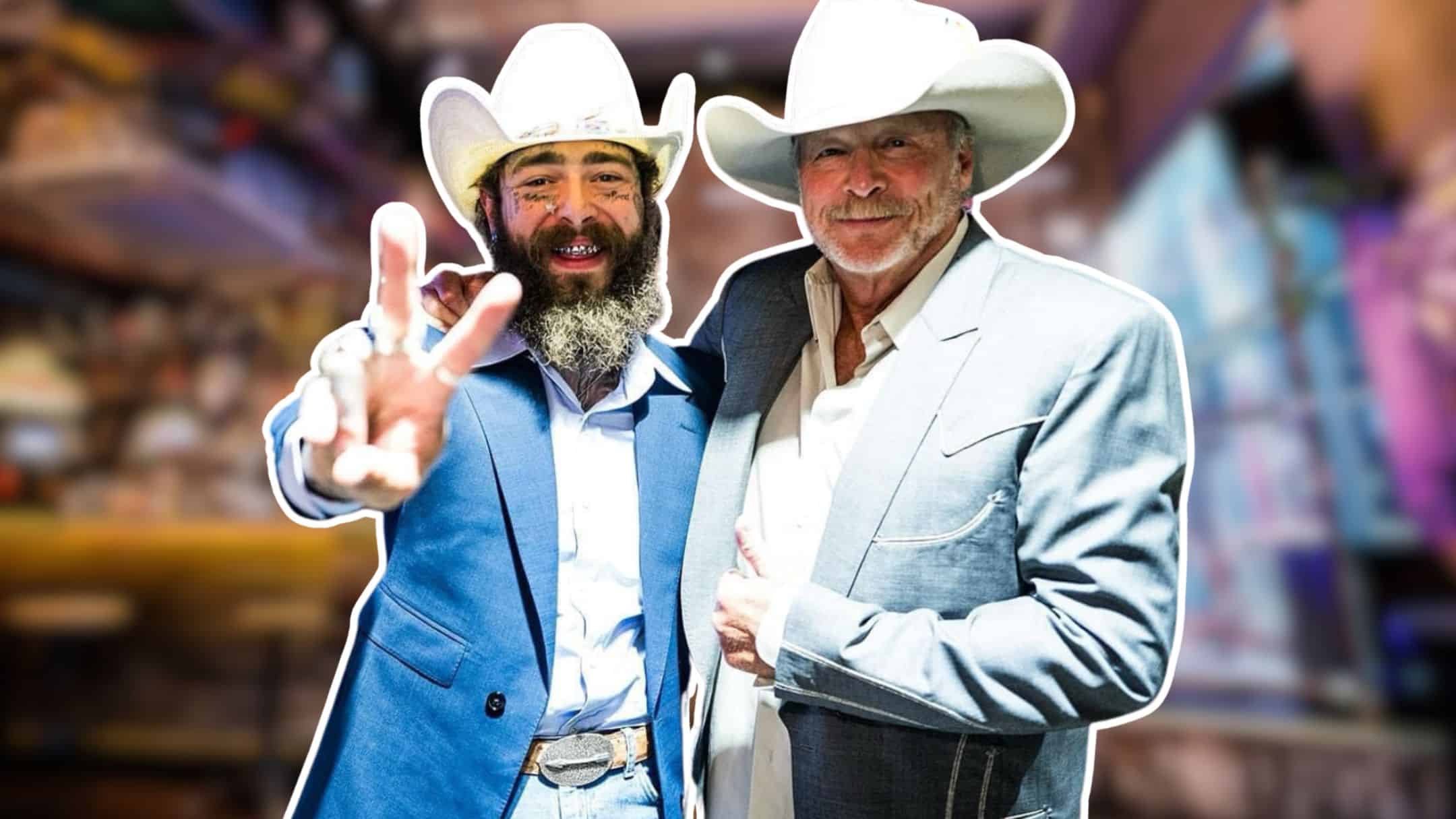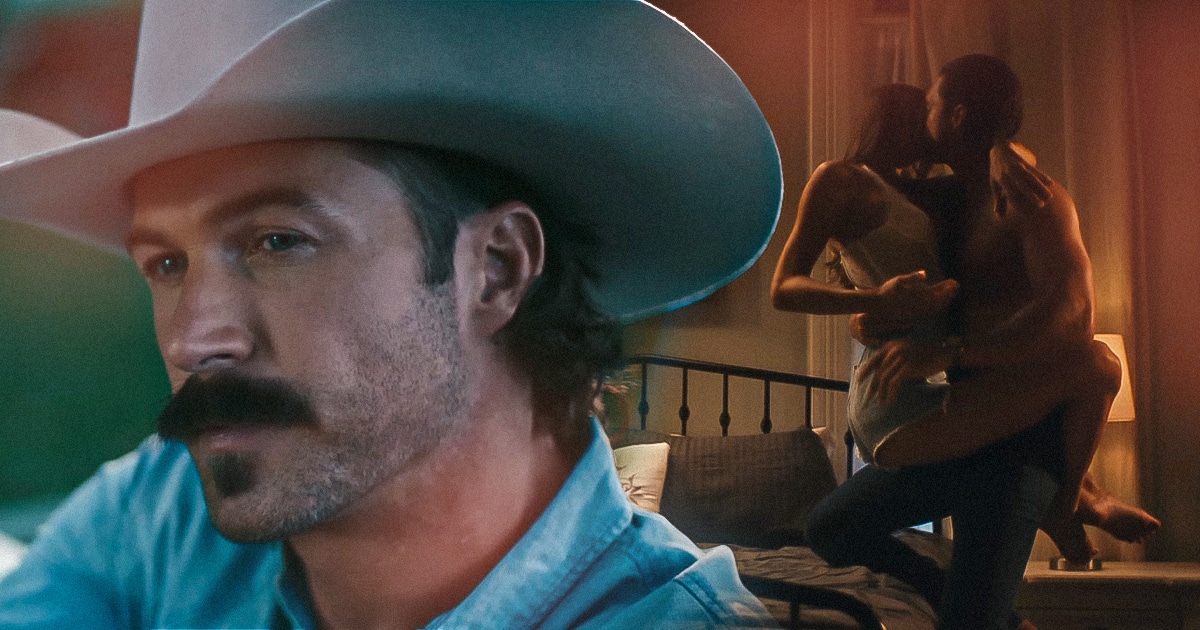When Hank Thompson released “The Wild Side of Life” in 1952, it quickly became one of the defining songs of the decade, spending an impressive 15 weeks at No. 1 on the Billboard country charts. Written by Arlie Carter and William Warren, the song tells the story of a man lamenting the loss of his love to the temptations of the honky-tonk lifestyle. With its catchy melody and Thompson’s smooth delivery, it became an instant hit and solidified his career in country music.
The Song’s Impact and Controversy
At the time, “The Wild Side of Life” struck a chord with audiences, especially as divorce rates in the U.S. were rising and traditional values were being questioned. The song’s narrative blamed a woman for abandoning her lover, portraying her as a bar-hopping temptress. While this perspective aligned with many cultural norms of the 1950s, it didn’t sit well with everyone.
Kitty Wells took issue with the song’s premise and responded with “It Wasn’t God Who Made Honky-Tonk Angels.” Wells flipped the narrative, challenging the idea that women were solely to blame for broken relationships. Her answer song became a massive hit in its own right, marking a turning point for women in country music and showing that they could challenge male-dominated narratives.
The Legacy of “The Wild Side of Life”
Despite the controversy, “The Wild Side of Life” remains an essential song in country music history. Its melody borrowed from earlier country classics like “The Great Speckled Bird” and “Thinking Tonight of My Blue Eyes,” making it a familiar tune while offering a fresh perspective on heartbreak and betrayal. Though a product of its time, Thompson’s song contributed to conversations around gender roles. It inspired one of the most iconic answer songs in country history.
Hank Thompson’s “The Wild Side of Life” may reflect cultural attitudes that have since evolved. Still, its influence on country music is undeniable. If you haven’t heard this classic in a while, take a moment to listen and watch Thompson’s performance—it’s a song that sparked a meaningful dialogue and remains a cornerstone of country music’s history.

